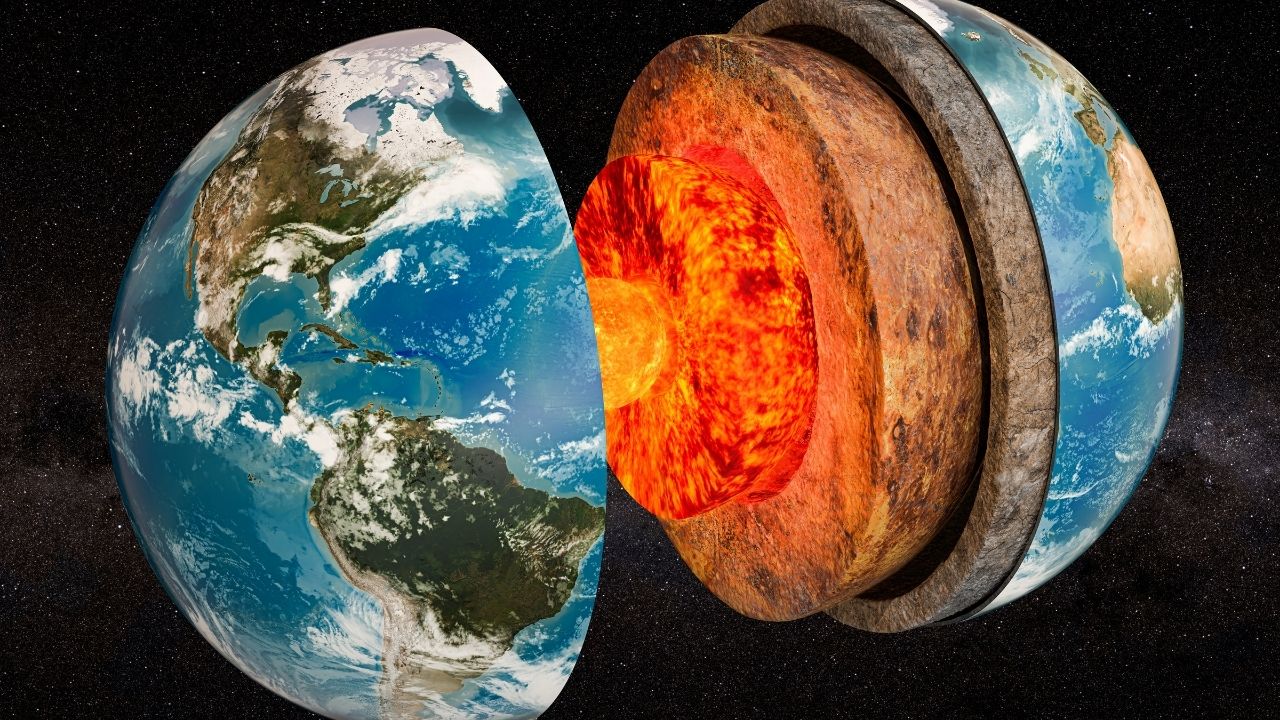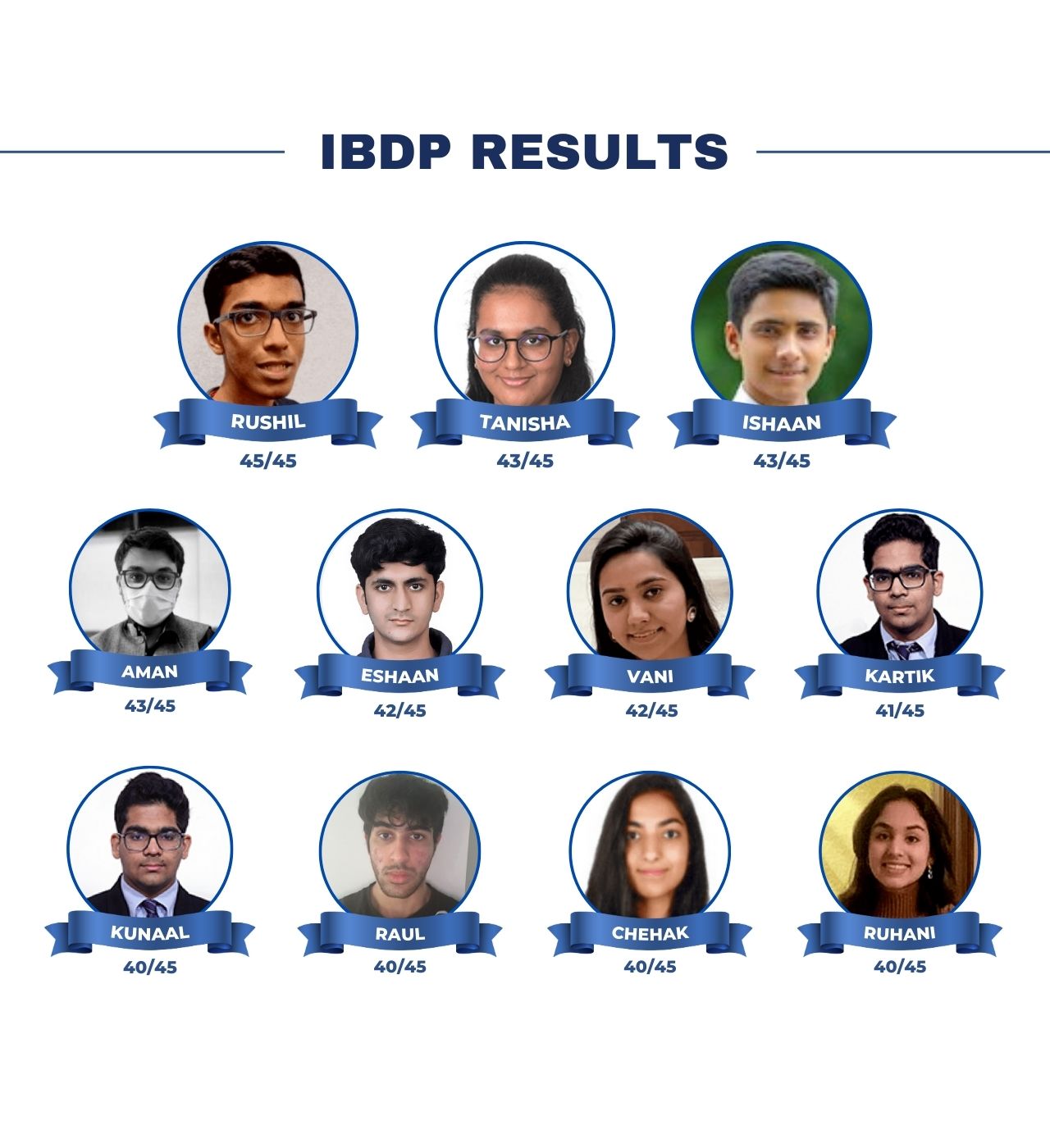Table of Contents
Introduction to the Earth Science Regents Exam
Are you ready to conquer the Earth Science Regents Exam and show off your knowledge of our incredible planet? Whether you’re a student gearing up for the big test or a curious soul looking to delve into the wonders of earth science, this blog post is here to guide you through it all. From understanding what topics are covered on the exam to providing valuable study tips and resources, we’ve got everything you need to ace that regents examination. So buckle up, get your thinking caps on, and let’s embark on an epic journey through the world of earth science!
What Topics are Covered on the Exam?
The Earth Science Regents Exam covers a wide range of topics that test your understanding of various aspects of the Earth and its processes. To succeed on this exam, it’s important to have a solid grasp on these key areas.
One area you can expect to see questions on is weather and climate. This includes topics such as atmospheric patterns, air masses, and the factors that influence weather conditions. You may also be tested on your knowledge of weather instruments and how they are used to collect data.
Another major topic covered is geology. This involves understanding the structure and composition of the Earth’s layers, as well as tectonic plate movements and their impact on geological features like mountains, valleys, and earthquakes.
Earth science also encompasses astronomy. You may encounter questions related to celestial bodies such as stars, planets, moons, comets, and asteroids. Understanding concepts like gravity, orbits, seasons, eclipses will help you answer these types of questions confidently.
Also Read: Claritin’s Quick Action: How Long Does Claritin Take to Work?
Tips for Studying and Preparing for the Exam
Preparing for the Earth Science Regents Exam can feel overwhelming, but with a solid plan in place, you can tackle it with confidence. Here are some tips to help you study effectively and prepare for success on exam day.
1. Start Early: Don’t wait until the last minute to begin studying. Give yourself plenty of time to review all the material and practice answering different types of questions.
2. Create a Study Schedule: Break down your study sessions into manageable chunks. Set aside dedicated time each day or week to focus on specific topics or chapters.
3. Use Multiple Resources: Don’t rely solely on your textbook or class notes. Utilize online resources, study guides, practice exams, and videos to reinforce your understanding of key concepts.
4. Practice Active Learning: Instead of passively reading through information, engage in active learning techniques such as summarizing content in your own words, creating flashcards or concept maps, and teaching others what you’ve learned.
5. Take Regular Breaks: Studies have shown that taking breaks during studying helps improve focus and retention. Incorporate short breaks into your study schedule to recharge and avoid burnout.
6. Review Past Exams: Familiarize yourself with the format and types of questions asked in past Earth Science Regents Exams. This will give you an idea of what to expect on test day and help identify any weak areas that need extra attention.
7) Seek Help When Needed: If there are topics or concepts that you’re struggling with, don’t hesitate to reach out for assistance from teachers, classmates, tutors, or online communities specializing in Earth Science education.
Recommended Resources for Study Material
When it comes to preparing for the Earth Science Regents Exam, having the right study materials is crucial. Luckily, there are plenty of resources available that can help you review and reinforce your knowledge in a way that’s effective and engaging.
One highly recommended resource is “Barron’s Regents Earth Science” book. This comprehensive guide covers all the topics tested on the exam and provides detailed explanations, practice questions, and helpful tips. It’s a valuable tool for understanding key concepts and familiarizing yourself with the format of the test.
Another great resource is “Earth Science Power Pack” by The Princeton Review. This set includes a book with concise content reviews and practice exams, as well as access to online resources such as video lessons and additional practice questions. The combination of written material with multimedia elements can enhance your understanding of complex topics.
For visual learners or those who prefer interactive learning experiences, educational websites like Khan Academy offer free videos covering various earth science topics. These videos break down concepts into easy-to-understand segments and provide examples to solidify your understanding.
Don’t forget about online forums and study groups! Joining an online community dedicated to Earth Science Regents preparation can provide you with support from fellow students facing similar challenges. You can exchange ideas, ask questions, or even form virtual study groups where you can discuss difficult concepts together.
Make use of past Earth Science Regents exams available on websites like New York State Education Department’s official website. Practicing with these previous exams will give you an idea of what to expect on test day while allowing you to assess your strengths and weaknesses.
Test-Taking Strategies for Success
When it comes to the Earth Science Regents Exam, having effective test-taking strategies can make a significant difference in your performance. Here are some tips to help you succeed on exam day.
1. Read and Understand the Questions: Before diving into answering a question, take the time to carefully read and understand what is being asked. Pay attention to keywords or phrases that can guide you towards the correct answer.
2. Manage Your Time Wisely: The Earth Science Regents Exam has a set time limit, so it’s essential to manage your time effectively. Start with easier questions first, then move on to more challenging ones. This way, you maximize your chances of answering as many questions correctly as possible.
3. Use Process of Elimination: If you’re unsure about an answer, use the process of elimination by ruling out options that are obviously incorrect. Narrowing down your choices increases the likelihood of selecting the right answer.
4. Utilize Test Resources: Take advantage of any resources provided during the exam, such as reference tables or diagrams. These resources can provide valuable information and assist in solving complex problems.
5. Pace Yourself: Avoid rushing through questions or getting stuck on difficult ones for too long; this could lead to unnecessary stress and mistakes later on. Stay focused and maintain a steady pace throughout the entire exam.
Remember these strategies when preparing for and taking your Earth Science Regents Exam! By implementing these techniques into your study routine and test-day approach, you’ll be well-equipped for success!
Also Read: Themes in The Crucible: Analyzing Arthur Miller’s Play
Common Mistakes to Avoid on the Exam
While preparing for the Earth Science Regents exam is crucial, it’s equally important to be aware of common mistakes that students often make during the actual test. By familiarizing yourself with these pitfalls, you can avoid them and increase your chances of success.
1. Neglecting to read instructions carefully: It may seem obvious, but many students rush through instructions without fully comprehending what is being asked. Take your time and ensure you understand each question before diving into answering it.
2. Failing to manage time effectively: The Earth Science Regents exam has a strict time limit, so it’s essential to allocate your time wisely. Practice timed exams beforehand to get a sense of how long you should spend on each question or section.
3. Skipping steps in calculations: In Earth Science, precise calculations are often required. One common mistake is skipping steps or not showing your work clearly. Make sure to write out every step in solving numerical problems, as partial credit may be awarded even if your final answer is incorrect.
4. Overlooking key concepts: Don’t focus solely on memorizing facts without understanding their broader context and applications within Earth Science principles. Ensure you grasp fundamental concepts thoroughly so that you can apply them correctly in different scenarios.
5. Ignoring diagrams and figures: The exam frequently includes visual aids such as graphs, maps, or diagrams that provide valuable information for answering questions accurately. Pay close attention to these visuals and use them as tools for problem-solving.
6. Leaving questions unanswered: Even if you’re unsure about an answer, don’t leave any questions blank! You have a chance at earning partial credit by attempting an educated guess rather than leaving it unanswered entirely.
7. Misinterpreting multiple-choice options: Be cautious when reading multiple-choice options; sometimes they contain similar-sounding answers deliberately designed to confuse test-takers who haven’t thoroughly studied the material.








